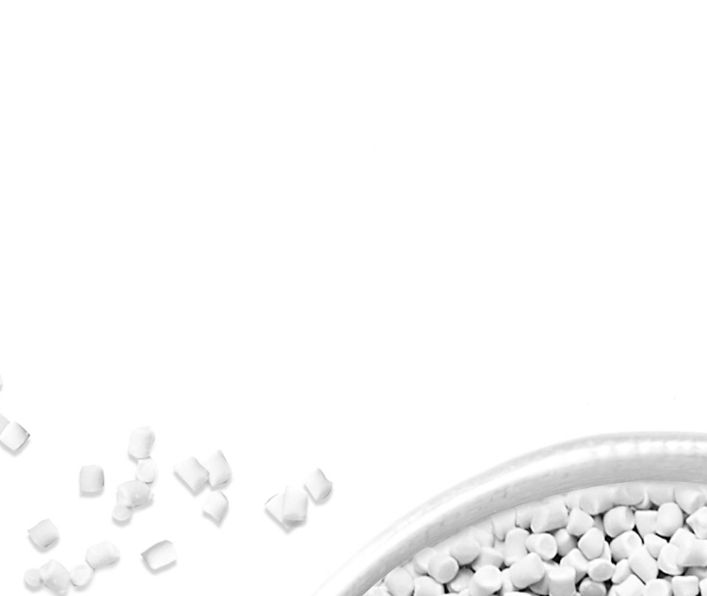MRS 25 certificate renewed for ProVinyl IA608
The Benvic grade – after a test procedure under the ISO 9080 standard – achieved an MRS value of > 25MPa and in particular:
- 26MPa with the 3 parameters model.
- 27.8MPa with the 4 parameters model.
The IA608 grade was thereby certified by the KIWA test house and its MRS 25 certificate renewed under the report PKC 0011295.
Specific water standards and certifications such as MRS 25 have been in place in order to ensure functionality for over 50 years at a given pressure. Such isostatic pressure corresponds to a maximum surface stress inside the fitting. With the corresponding safety factors, the level of 25MPa is the acceptance limit given in order to attain the MRS certification.
Water pipe fitting makers must therefore integrate a PVC material that can meet such standards but can also conform to chemical contact compliance with potable water - with no emissions permitted whatsoever.
Benvic’s renewed IA608 grade meets all the technical and legal constraints of the water infrastructure market place and is injection moulded in a compound that can stand the test of time for over several decades in use.
It is comprised of a high molecular weight PVC resin with a high level of stabilization, is REACH friendly. It has been successfully processed in all kinds of diameters in shot weights of 100g to 25kg in weight and with cycle times from 3mins till 30mins. .
Benvic continues to anticipate trends in all sectors and keep a watching brief on matters of regulation and the environment. The REACH legislation, for example, is expected to make sure that if any component will be banned, corresponding substitution can be qualified on time and allow same level of reliability.



